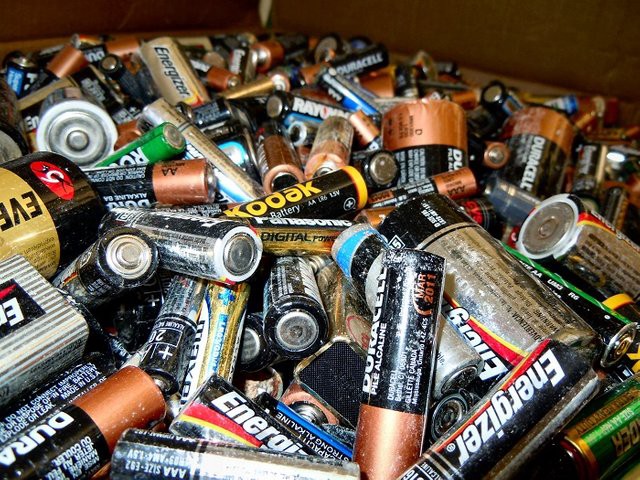How To Export Used Electric Batteries From Nigeria
How To Export Used Electric Batteries From Nigeria
Nigeria has a great need for good environmental protection practices. In particular, the country needs to stop exporting electric waste and instead recycle them locally. The most environmentally-conscious practice is to make sure that the entire life cycle of a product, from raw material extraction to final disposal, occurs in a manner which is beneficial for both humans and the environment.
The Nigerian government has been working on policies for managing electronic waste imports since 2007. Nevertheless, there are still many problems with this process. For example, Nigeria only has one recycling plant where used batteries are recycled into lead ingots. The other problem is that many of these e-wastes are exported to Asia where they are burned polluting the air and creating toxic fumes.
The recycling of electronic waste in Nigeria
Nigeria has very little capacity to recycle electronic waste. The country only has one lead plant which converts old battery cells into lead ingots for various purposes. The other problem is that many of the e-wastes are exported to Asia where they are burned, polluting the air and creating toxic fumes.
If Nigeria wants to be more environmentally-conscious, they should stop exporting their used electric batteries and instead recycle them locally. This would benefit the environment and would also create jobs in Nigeria.
How to export used electric batteries from Nigeria
The problem with exporting electric waste is that it can end up in countries where the resources are not available to recycle the battery, meaning that the battery will eventually end up in a landfill. Recycling the battery locally offers many benefits to both humans and the environment. Locally recycling the battery will also create jobs for people in Nigeria.
Furthermore, the process of recycling the battery creates less pollution than burning or burying it, which is another benefit of recycling locally. Finally, recycling the battery will help Nigeria save money on exporting waste products. With some changes, Nigeria can recycle electric waste locally and create environmental benefits for people and the environment.
The benefits of recycling e-waste locally
There are obvious benefits to recycling e-waste locally. For starters, the process of recycling the materials is more environmentally friendly. Furthermore, the recycling process can also create jobs. These jobs are beneficial because they may help reduce poverty, which is a major issue in Nigeria. Furthermore, the process of recycling can be profitable.
There are many factors to consider when recycling e-waste locally. For example, the cost and the environmental and human risks need to be assessed before proceeding. Nevertheless, it is important to take into consideration that recycling e-waste locally is more environmentally friendly and helps create jobs.
Conclusion
The most environmentally-conscious practice is to make sure that the entire life cycle of a product, from raw material extraction to final disposal, occurs in a manner which is beneficial for both humans and the environment.
Nigeria has a great need for good environmental protection practices. In particular, the country needs to stop exporting electric waste and instead recycle them locally. There are more than 30 recycling plants in the country, but the lack of transportation infrastructure between these plants is an impediment to success.
It is important that Nigeria find more ways to reduce the amount of e-wasts being exported abroad. If more of these wastes are recycled in Nigeria, then Nigerian citizens will not be exposed to toxic fumes and polluted air created by the burning of these wastes abroad.








LEAVE A COMMENT
You must be logged in to post a comment.